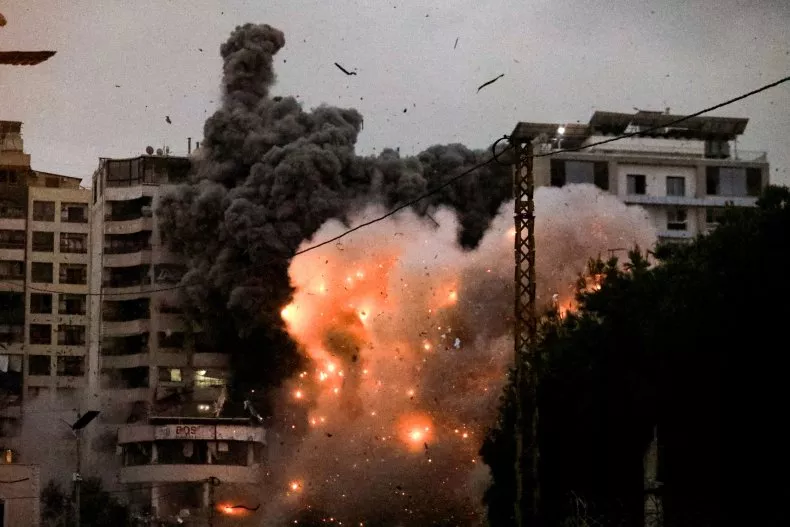Efforts to secure a ceasefire between Israel and Hezbollah are reportedly gaining momentum, with the White House suggesting that negotiations are nearing a breakthrough. Amid escalating violence along Israel’s northern border with Lebanon, the Biden administration has been actively mediating talks to de-escalate hostilities.
Ceasefire Talks Gain Momentum
The U.S. has engaged in backchannel diplomacy involving Israeli and Lebanese representatives, alongside indirect communications with Hezbollah via third-party negotiators. According to Newsweek, the proposed agreement aims to halt hostilities, reduce military buildups near the border, and prioritize civilian safety on both sides.
Although details of the ceasefire remain confidential, diplomatic sources indicate that a mutual cessation of military activities and measures to stabilize the region are key components under discussion.
Regional and International Implications
A ceasefire would signify a major diplomatic achievement for the Biden administration, which faces mounting pressure to manage escalating tensions in the Middle East. The conflict has not only displaced thousands but also raised concerns about the broader involvement of regional powers like Iran, a longtime supporter of Hezbollah.
Lebanon, grappling with a severe economic crisis, has much to gain from stability along its southern border. The potential agreement could provide much-needed relief to a government struggling to maintain order amid internal political and financial turmoil.
White House Optimism
The White House has expressed cautious optimism, with an official stating, “We are encouraged by the progress made so far, but there is still work to be done. Our focus remains on achieving a lasting and sustainable resolution that ensures the safety and security of all parties involved.”
President Joe Biden, who has been regularly briefed on the negotiations, has reaffirmed U.S. support for Israel’s right to self-defense while emphasizing the importance of diplomacy in addressing the conflict.
Challenges Ahead
Despite positive signals, challenges remain. Hezbollah has yet to formally commit to a ceasefire, and concerns persist about potential spoilers—militant factions or external actors—that could derail the fragile talks. Domestic politics in both Israel and Lebanon also pose risks to the implementation and longevity of any agreement.
Looking Forward
If successful, the ceasefire could serve as a significant step toward regional stability, demonstrating the potential of multilateral diplomacy to resolve complex security issues. However, the situation remains fluid, and the next steps will be critical in determining whether the current progress translates into tangible peace.
The international community will be watching closely, hoping these negotiations can pave the way for a more stable and secure future in a historically volatile region.
Sources
- Newsweek: White House Close to Israel-Hezbollah Ceasefire in Lebanon
- Statements from White House officials.
- Analysis of regional conflict and diplomacy efforts.
- Context on Israel-Hezbollah tensions.

